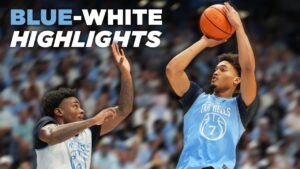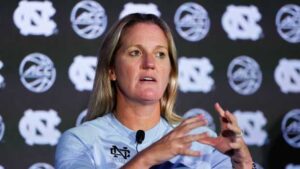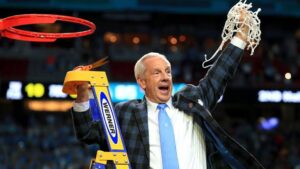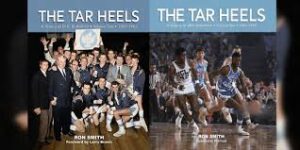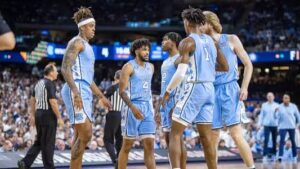
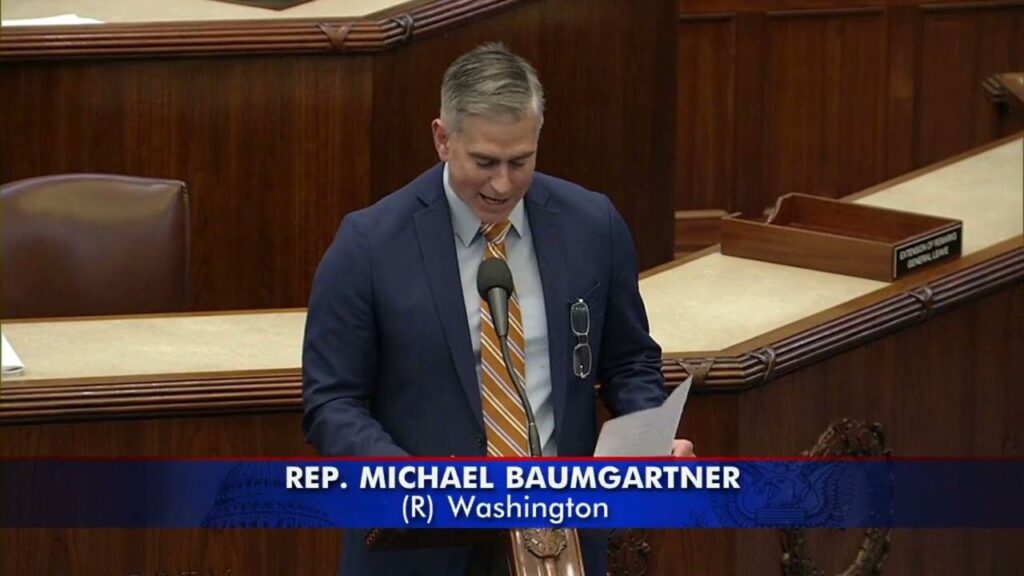
A federal bill filed in the House of Representatives seeks to replace the NCAA while transforming the college athletics landscape, including NIL, the transfer portal and conference realignment.
The “Restore College Sports Act,” introduced by Rep. Michael Baumgartner (R-WA), would replace the current governance model with the American College Sports Association. According to the bill, the ACSA would be led by a commissioner who’s appointed by the president with the advice and consent of the Senate. The commissioner would serve four-year terms.
Member institutions of the ASCA would have to distribute NIL revenue equally among their student-athletes, according to the bill, while student-athletes would have the option to transfer schools “freely” without penalty or restrictions. Additionally, all revenue generated from ticket sales, merchandise and sponsorships would be shared among the schools and student-athletes. Broadcasting revenue would also be split among the schools.
The bill takes direct aim at coaches’ salaries, which under the ASCA, would be capped at “10 times the full cost of attendance for students at such institution.” For reference, Kansas Jayhawks head coach Bill Self is the highest-paid coach in college basketball with a total pay of about $8.8 million according to figures from a USA Today article posted last month; the estimated cost of attendance for an undergraduate to live on campus at Kansas University in the 2024-25 academic year was $29,740.
The bill would require that conferences be comprised of schools located in a single time zone, undoing the last realignment that saw 10 of the Pac-12’s dozen members depart for power conferences elsewhere, leaving behind the Oregon State Beavers and Baumgartner’s alma mater, the Washington State Cougars.
The bill was introduced to the House of Representatives on Monday. Meanwhile, the landmark House v. NCAA settlement was continuing through the approval process with a 6.5-hour hearing in Oakland, California. U.S. District Judge Claudia Wilken, while optimistic for final approval, told attorneys to make some adjustments to the settlement and to come back in a week. If approved, the multi-billion dollar settlement would introduce revenue sharing in college sports, allowing schools to share up to $20.5 million per year with their student-athletes.
As the NCAA and its conferences continue to lobby Congress for legislation that would provide protections against further antitrust suits, power conference and school officials and athletes are set to spend Wednesday visiting lawmakers’ offices in Washington D.C. in what’s being dubbed “College Sports Day on The Hill.”

